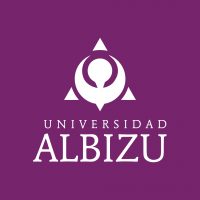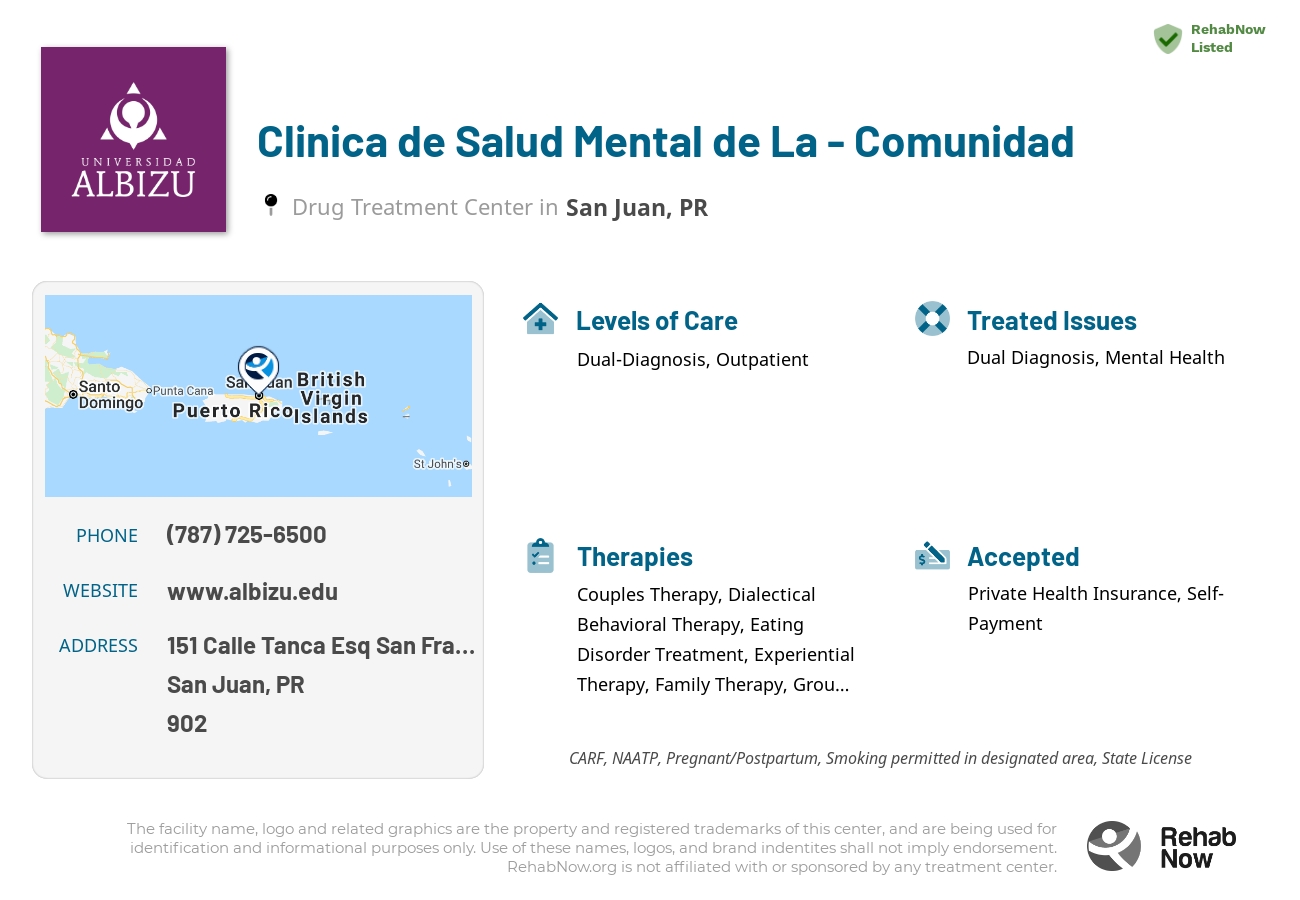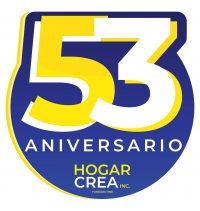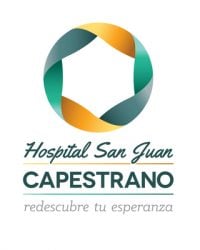Clinica de Salud Mental de La - Comunidad
Drug Rehab Center in San Juan, Puerto Rico
Clinica de Salud Mental de La - Comunidad in San Juan, Puerto Rico offers comprehensive mental health services, including addiction and substance abuse treatment, in a safe and supportive environment, accredited by CARF and the Joint Commission.
About This Puerto Rico Facility
Clinica de Salud Mental de La - Comunidad is a facility located in San Juan, Puerto Rico and is dedicated to providing comprehensive mental health services to the community. It offers an array of specialized services, including individual and group therapy, medication management, psycho-education and case management. Additionally, this facility is qualified to provide substance abuse and addiction treatment.
At Clinica de Salud Mental de La - Comunidad, addiction and substance abuse treatment is offered in a safe and supportive environment. The individualized services available include individualized assessment, individual and group therapy, substance abuse education, aftercare planning, and family counseling. They strive to help individuals suffering from addiction and substance abuse issues to learn tools and gain skills that promote long-term recovery.
Clinica de Salud Mental de La - Comunidad is accredited by the Commission on Accreditation of Rehabilitation Facilities (CARF) and has received the Joint Commission Accreditation. They are also licensed by the Puerto Rico Department of Health and have received an award of excellence from the Puerto Rico Mental Health Coalition. In addition, they offer an array of recreational activities and community service projects that assist individuals in their recovery journey.
Genders
Ages
Modality
Additional
Conditions and Issues Treated
When addiction and psychiatric issues co-occur, the addict’s recovery is more successful when both conditions are treated. A dual diagnosis refers to a condition in which the patient is diagnosed with two health issues: addiction and bipolar disorder.
Usually, dual diagnosis sufferers are prescribed a combination of treatments for each condition. The most common therapies are psychotherapy, behavioral therapy, spiritual counseling, 12-step programs, and medication management.
Psychiatric conditions are an obstacle to recovery because they can create roadblocks to a healthy lifestyle. Drugs and alcohol may be used as a means of self-medication, which can have dangerous consequences. Over time, addicts build up a tolerance and suffer withdrawal symptoms when drug use is stopped.
With the proper treatment, dual diagnosis sufferers can overcome their conditions and achieve lasting sobriety.
Levels of Care Offered at Clinica de Salud Mental de La - Comunidad
This center offers a variety of custom treatment tailored to individual recovery. Currently available are Dual-Diagnosis, Outpatient, with additional therapies available as listed below.
Individuals struggling with drug addictions can get help from several treatment options, including inpatient and outpatient programs. Outpatient drug treatment programs can also provide patients with different levels of care, usually depending on the patient’s degree of addiction.
At an outpatient program in San Juan, a patient will attend a recovery program during the day and return home in the evening. Suppose a patient is struggling with drug addiction. In that case, an outpatient program can serve as an effective transition point during the recovery process.
Therapies & Programs
Individual therapy is a critical component of addiction recovery. It allows the patients to go deep into their core issues and discover how to handle those problems better. Therapy can be conducted in individual sessions as well as group settings. In individual therapy for addiction, the patient meets with their therapist one-on-one to focus on the underlying issues. This allows patients to open up and discuss personal topics they may not feel comfortable discussing in a group setting. This type of therapy can help develop solutions specific to each patient, which helps speed up the recovery process.
Couples therapy is beneficial for couples in which at least one partner has a substance use disorder. This type of therapy can help partners improve communication skills, which is an important factor in a healthy relationship. It can also help partners better understand one another so they have a greater understanding of how the other partner may be feeling.
Benefits of couples therapy include:
- Improvement in communication skills
- Increased understanding of the dynamics within a relationship
- Increased sense of support and trust in the relationship
- Better teamwork between partners/increased willingness to listen and work together
- Enhanced tolerance of each other’s shortcomings
- Improved ability to have open, honest communication with each other
Family therapy is a crucial part of drug treatment and getting sober. It is one of the most effective ways to help addicts stay on the path to long-term sobriety. When a drug addict decides that they want to try and get sober, it takes the support of every person they love to succeed. It can be incredibly difficult for loved ones to watch an addict go through the pain and suffering of withdrawal, but by being there with them and supporting them, they can help to make sure that the addiction never returns.
One of the most important parts of family therapy is the relapse prevention plan. During treatment, therapists and doctors will often sit down with the addict and their family to develop a plan in case the addict ever feels like they want to use again. This plan should involve steps the addict and family can take together to prevent them from relapsing in the future. An addict’s family can play a vital part in helping them to avoid relapse because they can spot the warning signs and help them get back on track before it becomes too much of a problem.
Group therapy helps prevent addicts from feeling isolated or unique in their situation by offering a sense of comfort and fellowship. It also creates a forum for addicts to build their support systems and learn from each other. The group therapy sessions at Clinica de Salud Mental de La - Comunidad occur in a group setting rather than one-on-one to create a safer, controlled environment where addicts feel comfortable.
Trauma therapy helps people dealing with addiction by allowing them to confront the traumas of their past and move past them. It is important to note that trauma therapy should not be confused with PTSD (post-traumatic stress disorder) Rather, it is used to treat the effects of trauma, which are often at the root of addiction.
Dialectical Behavior Therapy was developed in the 1980s to treat chronically suicidal individuals. It is a cognitive-behavioral therapy that combines strategies derived from Zen Buddhism, such as mindfulness training. DBT has been adapted for use with other types of psychiatric problems, including substance abuse and personality disorders. DBT aims to help patients change their thinking and behavior, instead of relying on medication.
Cognitive Behavioral Therapy (CBT) is a common therapeutic approach to help drug addicts. It teaches addicts new ways of thinking and behaving so that they can avoid relapse. There are several forms of CBT used in drug rehabilitation centers.
Cognitive Restructuring helps addicts identify faulty, negative thinking so that they can work together with the therapist to find healthier ways of thinking, resulting in better decision-making.
Cognitive Behavioral Therapy for Addiction uses the principles of CBT to help treat addiction. It focuses on specific aspects of each person’s thinking, feeling, physiology, and behavior. It aims to identify specific problems in these areas and create a personalized treatment strategy.
Patient Experience
Experiential Therapy at Clinica de Salud Mental de La - Comunidad
Experiential Therapy is a new approach to addiction treatment. Addiction-related psychological issues like depression and anxiety are addressed through physical activities.
Experiential Therapy can help those who have struggled with past traumas or life decisions like drug use. It allows people to gain new perspectives on their behavior patterns by recreating experiences in healthy ways rather than continuing old habits that may no longer serve them well.
Payment Options Accepted
For specific insurance or payment methods please contact us.
Is your insurance accepted?
Ask an expert, call (888) 674-0062
Additional Details
Specifics, location, and helpful extra information.
San Juan, Puerto Rico 902 Phone Number(787) 725-6500 Meta DetailsUpdated November 25, 2023
Staff Verified
Patient Reviews
There are no reviews yet. Be the first one to write one.
San Juan, Puerto Rico Addiction Information
In San Juan, Puerto Rico, the drug addiction problem is relatively bad, with an estimated 9.5% of the population reportedly addicted to drugs. Cocaine is the most commonly abused drug in the city, followed by crack cocaine and marijuana. There are many different drug and alcohol treatment centers in San Juan, Puerto Rico. These facilities offer detox and counseling group therapy and outpatient rehabilitation services.
Treatment in Nearby Cities
- Luquillo, PR (26.5 mi.)
- Orocovis, PR (24.6 mi.)
- Canovanas, PR (15.4 mi.)
- Caguas, PR (16.3 mi.)
- Toa Baja, PR (10.3 mi.)
Centers near Clinica de Salud Mental de La - Comunidad
The facility name, logo and brand are the property and registered trademarks of Clinica de Salud Mental de La - Comunidad, and are being used for identification and informational purposes only. Use of these names, logos and brands shall not imply endorsement. RehabNow.org is not affiliated with or sponsored by Clinica de Salud Mental de La - Comunidad.





